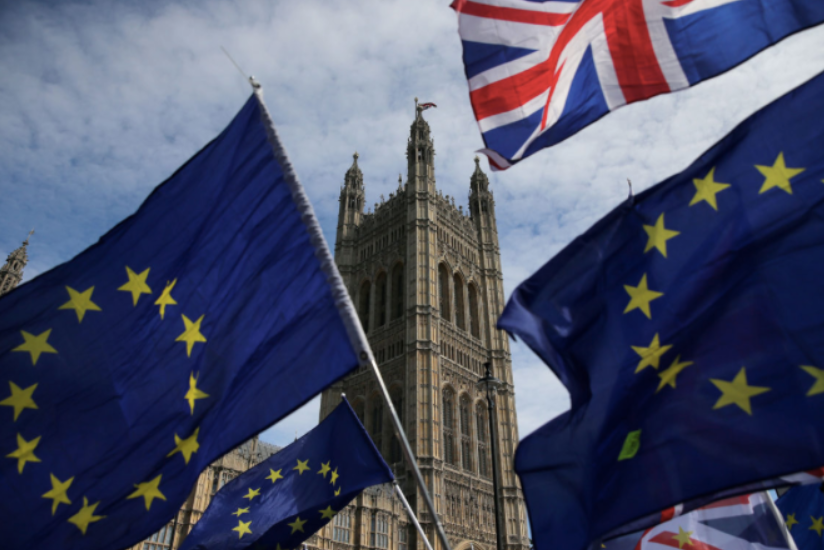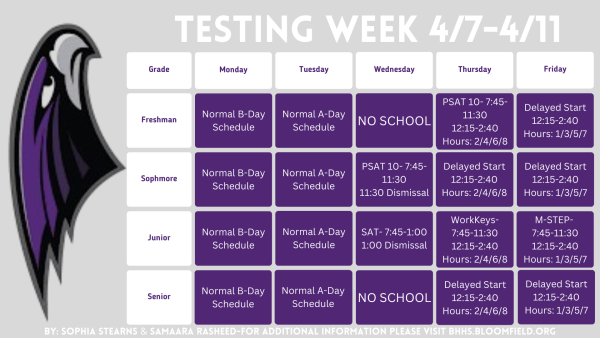A Student Guide to Brexit
Here in the US, it seems like we are constantly entrenched in the controversies and polarizations plaguing our government and society. However, if you are one to follow international news, don’t worry, the rest of the world is also plunging into darkness. If you are a news junkie like me, you are sure to have been following the disaster that has become of Brexit.
If you haven’t been updated on the issue that has thrown the British government into complete chaos, here is a simple guide to explain Brexit.
What is Brexit and why is the UK leaving?
For starters, Brexit is the withdrawal of the United Kingdom (made up of England, Scotland, Wales, and Northern Ireland) from the European Union. Since the founding of the European Union, the UK has been a major role in its success in peace and goal of prosperity in Europe. However, back in 2016, some conservative leaders in the United Kingdom began preaching that the European Union was not beneficial to the UK both economically and politically as the nation pays more than it receives from the conglomerate of nations. In addition, a rise in refugee immigration was a talking point for the negative impact of the EU. So, in June, the country went to the polls for a referendum on whether Britain would stay or “exit.” Since that day, the UK has vowed to leave the EU for good.
What is taking so long?
If the UK wants to leave the EU, they cannot all do it at one time. Ever since the 2016 referendum, the plan for Brexit was set to be complete on March 29, and to take place on May 22. However, due to political gridlock, Prime Minister Theresa May’s government could not get a deal passed, threatening the fate of Brexit and the stability of Britain’s government. Even more worrisome, with no deal, the UK would leave the Union with no plan or time to prepare, indefinitely causing political and economic downturn.
Why hasn’t the government agreed on anything?
Like the political parties in the United States, the Labour and Tory parties have vastly different ideas on how to approach Brexit and simply cannot agree. In addition, May’s deals haven’t fared well in Parliament. According to the New York Times, May broke records with a minuscule 230 votes in favor of her plan.
What’s at stake?
Lots of things. First and foremost, the British economy is sure to slow with the political gridlock and Brexit as a whole. The New York Times estimates the UK’s economy will slow 4-9% over the next 15 years. In addition, the Irish border is a huge area of concern. Ireland, a member of the EU, shares a border with Northern Ireland, land of the UK. After decades of conflict between the north and the south, a Brexit deal would most likely disrupt the peace at the border. Lastly, the UK is one of the largest economies and political players in the world, especially in the EU. With the UK’s exit, nations such as Italy and Germany may leave as well, drastically weakening the EU’s goals at peace and prosperity in Europe.
What happens now?
Well, on March 21, Theresa May arrived in Brussels, Belgium to plead with EU leaders to delay the UK’s exit. After a long day, May was granted a delay until mid-October this year. If the UK comes up with an idea before the deadline, they can leave before then. All in all, the UK has been dealing with this issue for decades now, and it is likely that the conversation over the status of Brexit and the EU is not going to fade away. Now, we can only hope that all goes well, and the foundation of modern international politics does not collapse on itself.

Hi, my name is Jake and I am a Managing Editor on the Bloomfield Hills Hawkeye. I am a Senior this year and this is also my third year on staff. Outside...






